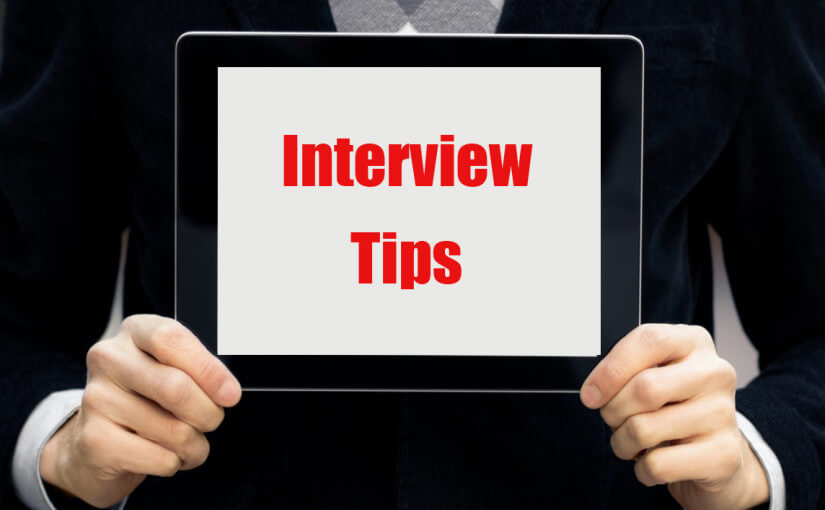In 2016, 34% of Americans were working freelance careers. That percentage is expected to climb to 43% by 2020.
An improved work-life balance is the first benefit that comes to mind when considering a freelancing.
But we also know what no one else is telling you. Read on to find out more.
There’s a Union on Your Side :
Who hasn’t wasted precious working hours searching the web for reputable information before becoming more stressed and confused?
What makes Freelancers Union so great is it’s a one-stop-shop for free resources for beginning and experienced freelancers.
When going freelance, most people are overwhelmed with tax concerns. Don’t know how to read a 1099 form? Need help determining sales and use tax?
All this information is written clearly on the site by experts. You’ll also find guides for choosing dental, vision, life, and health insurance plans.
And even insightful blog posts ranging from productivity hacks to methods for handling tragedy.
Furthermore, a subscription at ThePayStubs gives you access to an innovative pay stub maker.
You can have a pay stub downloaded and printed within two minutes after selecting your preferred template.
Relationship Building isn’t Just About Finding Clients :
Nobody misses unfair office politics or boring meetings once they’ve gone freelance.
However, after working alone for a while, it’s normal to feel lonely.
While most of your friends are likely to work less flexible schedules, it doesn’t mean you have to spend day after day without socializing.
While your old friends are great, wouldn’t it be amazing to have freelancer friends who get you the way your colleagues in your old office did?
Freelancers can enjoy real human interaction (and 68% better focus) by joining coworking spaces.
58% of Those with Freelance Careers Have Gone Without Pay :
Unfortunately, when reading up on how to go freelance, most newcomers won’t come across these insights.
It usually takes getting burned first.
- Never begin a project without a signed contract that clearly states payment amounts and due dates.
- Ween out nonpaying clients by having a mandatory deposit amount prior to starting each job.
- Don’t lowball yourself. New freelancers tend to charge less than the value of their work.
Think about the time, supplies, and whether you’ll hire employees. If you aren’t strategic about the costs to stay in business, it won’t last.
- Most people are Googlable. With a simple search, you can learn about a potential client’s character, including how they treat employees and whether they’ve been fair to freelancers.
- Don’t make it difficult for clients to pay you. Send professional-looking invoices from user-friendly programs like PayPal, Due, or Authorize.
Accounting Tasks Can be Done with Minimal Effort :
Even if you’re running a small business with a few employees, the idea of correctly issuing pay stubs can be a pain.
On the same site, you can generate employee W-2 forms without stumbling over difficult math or spending buckets of money on an accountant.
Need more freelance career tips?
Let us teach you how to promote your startup on social media. And join our mailing list to be more in the know!
Read Also :






















